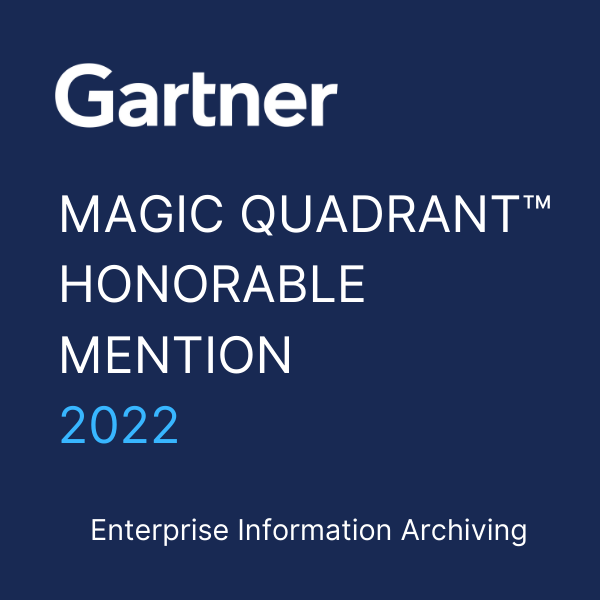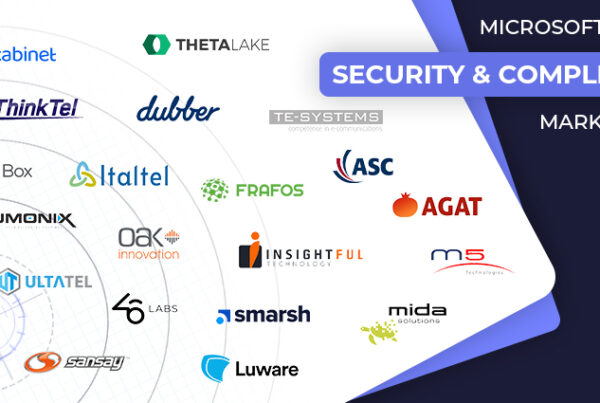
In a time where AI is revolutionising industry after industry, the increasing need and desire to automate compliance is becoming ever more sought after.
The role of AI in financial services is rapidly increasing, with the introduction of ChatGPT causing deep ripples in the financial industry. With compliance being a permanent challenge for companies to maintain, the ability to automate this challenge provides significant upsides for businesses.
“We’re seeing AI play a fundamental role in enabling financial services companies to supervise their business communications,” said Stacey English, director of regulatory intelligence at Theta Lake. She highlighted that with the modern workplace now powered by modern unified collaborations like Zoom and Teams, many regulated organisations are facing a huge challenge in capturing and supervising these complex multimodal capabilities.
Theta Lake provides compliance and security for modern collaboration platforms and can capture, compliantly archive, and act as an archive connector for existing archives of record for video, voice, and chat collaboration systems. “Our financial services customers are leveraging AI to review vast volumes of communications which would otherwise outstrip the capacity of their compliance teams to capture and manually review them,” explained English.
The company’s technology also captures and analyses all of the key contextual and rich media such as GIFs, edits and deletes, which can change the meaning of conversations. English stated, “The AI not only identifies which communications contain regulatory, privacy or security risks but pinpoints exactly where the potential breach occurred saving reviewers having to trawl through entire meetings or chat conversations.”
English noted that the industry has seen a real shift from legacy approaches to supervision which was designed for the ‘now ancient email era’. She said that prior approaches to supervision relied on ‘highly manual and technically simplistic word-searches and lexicons’, while modern approaches to AI-enabled supervision facilitates more sophisticated analysis of data to identify issues by analysing content in context, to understand where and when financial services-relevant conversations are taking place.
How does English see this space evolving? “AI can only be effective in supervision and risk detection if it has comprehensive data to analyse, so the complete capture of communications without any blind spots is integral to leveraging AI”. Going forward, she explains, the industry can expect even greater demand for assurance that they are capturing all channels of communications, alongside all of the rich contextual information.
“Furthermore, there will no doubt be increasing requirements for visibility into AI as Boards and regulators seek assurance. At Theta Lake, we’ve taken several steps to ensure that customers have transparency, including audit reports that demonstrate review processes, indicate where the AI has been triggered and allows firms to oversee AI’s performance.
“Ultimately, as a vendor it’s really important to be involved in industry and regulatory dialogue to inform the future state of AI, so we were pleased to provide feedback to the FCA and PRA’s latest consultation on the use of artificial intelligence and machine learning in financial services.”











